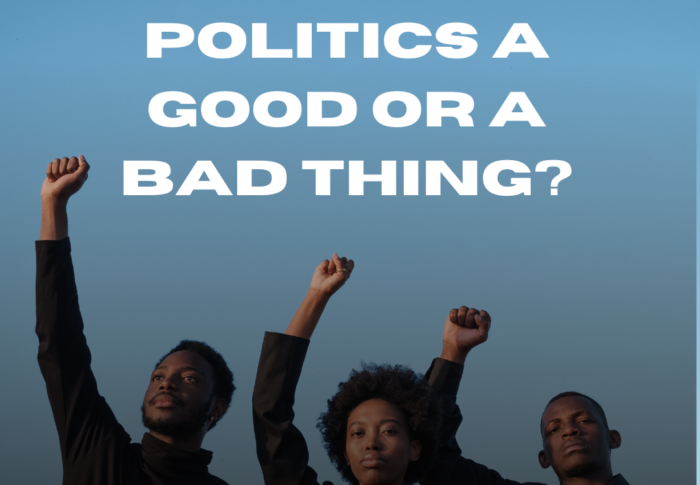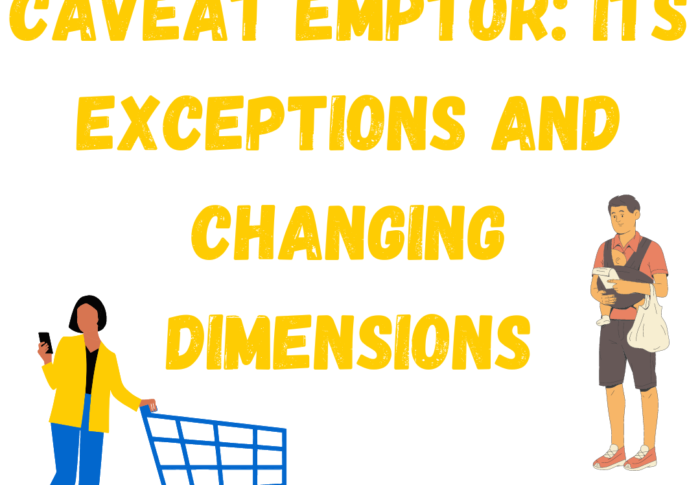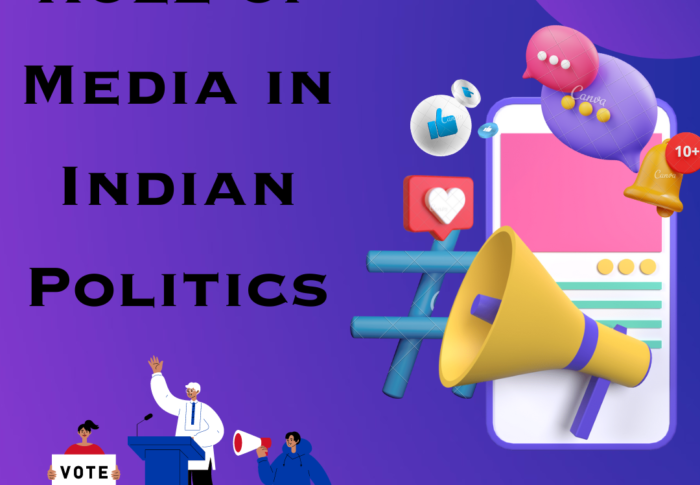
“Social media is inherently a Selfish Medium”
The advent of the Internet has given birth to social media, which has brought the world closer together. There are hardly any people who use the Internet and do not have a social media account.
AUTHOR : AKSHU RANA
Introduction
The advent of the Internet has given birth to social media, which has brought the world closer together. There are hardly any people who use the Internet and do not have a social media account.
- Social media are mainly Internet-based platforms such as Facebook, Snapchat, WhatsApp, and Instagram, which allow sharing of information, connecting with others, and expressing views.
- There is a considerable debate about the misuse of social media in general and their selfish use in particular. What makes these media selfish and to what extent?
Comparison of social media with other media:
From the author’s point of view, social media means all those apps on which one can individually post, share any message, or can comment on his interest. More precisely, it can be said that all those apps which give full freedom to the user are social media apps.
On the other hand, media like TV, newspaper, letter, and magazines are governed by the single writer, single owner, single op-ed writer, and single anchor. These media platforms are the source of proliferating profitable knowledge and do not give authority to readers.
Apps which are making this medium as selfish media:
Apps like Facebook, Twitter, Instagram, LinkedIn, WhatsApp, and Quora are almost successful in their regards. On one hand, these apps are resonating ample knowledge, but on the other, these apps are giving full authority to their readers and users to share whatever they want.
How is social media becoming selfish:
Here are a few aspects which are negating the positive sight of social media.
- Selfishness at the individual level:
Social media has made people self-centered. Just for getting the attention of their digitized friends, people are sharing irrelevant and cheesy materials for the sake of one like and comment. This makes oneself grabby in one’s lousy interest. So, people of the contemporary age have no time for spiritual emotions and relations. The digitized smile and digitalized emotions in the form of emoji have wracked the real emotions. Consequently, the engulfment among relations is enhancing.
More broadly, one can say that emoji have replaced real emotions. The top trend of taking and sharing selfies is also taking the lives of people. For instance, in the current year, 259 people lost their lives by taking a selfie at the inappropriate places about 159 were only Indians. Therefore, one can depict the selfishness level of social media from this death rate.
- At political and business level:
The political inclination is, no doubt, under the influence of social platforms. Digitized agendas among parties are on the summit point. People are freely writing and giving their opinion irrespective of the deep analysis. This freedom of speech on digital media is hampering the peace of the blue ball. Moreover, fake names, fake accounts, fake businesses, and self-obsessed tactics are accumulating solipsistic nature.
In true words, it could be simply concluded that the free hands of users and the full authoritative act of every individual on numerous apps are inherently making social media a selfish medium.
To begin with, social platforms could be proclaimed to be the biggest game changing outcome of the Internet Age. From the humble beginning of Myspace to Orkut and then to the industry giant of Facebook; it gradually developed into other forms like Twitter, Whatsapp, Snapchat, Weibo, Instagram etc. In the core of any such platform, the idea remains simple :- To develop an individual’s relationships and networks into an entity which could be exploited.
Yes, exploitation was always in the core of ideology behind social media’s core structure. Each platform exploits this intrinsic character of human nature to make a profitable venture out of human relationships. In the process, instead of being a connecting medium and a platform to project one’s opinion; it has transformed into the biggest showroom in the world.
And us human beings have become its greatest asset who by engaging the more, allowing our own exploitation the more, make these platforms one of the richest companies in the world.
The currency here is individual information, preferences which we collectively call as big data. “The more they share; the more profitable we become” was a tagline used by one of the CEOs of the biggest social media firm.
The Internet in the beginning was always seen as a product of the “counterculture” movement. It was supposed to be a free and unbiased medium where the unheard and the unknown could raise their voice and become a relevant part of the community.
- Give positive constructive input
It was supposed to be a medium of empowerment. A medium of engagement of the everyday people who were sidelined by the 1% making decisions in their names; disregarding their voices as that of a crowd. Social media was supposed to be the tool of that “subaltern class” who could not have a medium to project their views. People could have divergent views, dissenting views and alternating views. But people had decency, civility and morality while engaging in a conversation.
Gradually as more and more people became associated with it; somewhere the golden rule of civilization in the form of morality was lost and people started to develop “Self Centric Narcissistic Behavior”. Instead of being rational and educated with their opinions, they started believing in a self-righteous glorification. Where their limited knowledge was the only supreme knowledge. Their views became myopic and self-centric. People were not willing to engage in a meaningful debate and agree to take opposing views as constructive criticism. This led to a culture of slandering, abusing, trolling, shaming as weapons of social media annihilation. They became emotionless and compassionless.
In the era of “Post-truth”, whatever they knew or got to know, became the truth. Element of selfishness and self-centered culture is the chief component of “post-truth” ideology. People manifest theories, ideas, beliefs; create a sense of legitimacy through social media and project it onto others as the only possible variation of truth with no element of dialectics. This culture became celebrated around the world, to the extent so much that we can take the case of American President Donald Trump. He is the greatest example of this ideology where self image and projection on social media became so important and significant that he actually used it as a tool today to become the President of the most powerful nation in the world.
How are social media selfish?
- Social media platforms such as Facebook and Instagram allow for continuous flow of information from its users, who often exhibit personal information such as their photos and life events in order to get appreciation and recognition.
- Many companies make use of social media only to serve their interests such as getting more customers and advertising. Social media platforms earn mostly from such advertisements.
- It is argued that social media sites ultimately serve their own interests as, by providing free access to their websites/apps, they gather tons of personal data about their users, which they use for their own commercial interests.
How are these not selfish media and how do they become so?
- Social media allows people to connect with their friends and family across the globe for free. One only has to pay for the Internet connection and use the apps for free. Therefore they cannot be labelled entirely selfish.
- Many people and organizations raise funds for social causes and for the needy through social media platforms. In such cases, the selfless nature of social media and their users becomes apparent.
- Social media are used to spread awareness and generate opinions about issues such as violence against women, caste bias, and corruption. This positive use of social media certainly makes them selfless.
- Alternatively, it can also be argued that not only social media, but I’ll media of communication are selfish. For instance, news channels only show the content that they want to show and which will fetch them higher revenue. Same is the case with newspapers. Consequently, media alone cannot be singled out for being selfish.
Conclusion
- A medium of interaction can be considered selfish if it allows only one-way sharing of information and serves the selfish interests of its users or owners.
- Social media can be considered to be selfish as their users often share one-way information to gain appreciation, for profits, and to increase their business. Social media platform owners also have selfish motives to gain from advertising and user data.
- However, social platform cannot be said to be entirely selfish, as they are used by people to raise funds for charitable causes, increase awareness about social issues, and to freely interact/connect with friends and family.
- Overall, even if we gram that social media are selfish; all media of communication seem to have a selfish component in them. Therefore it is up to the users to ensure that they are used consciously.
FOR MORE INFORMATION VISIT OUR SITE






